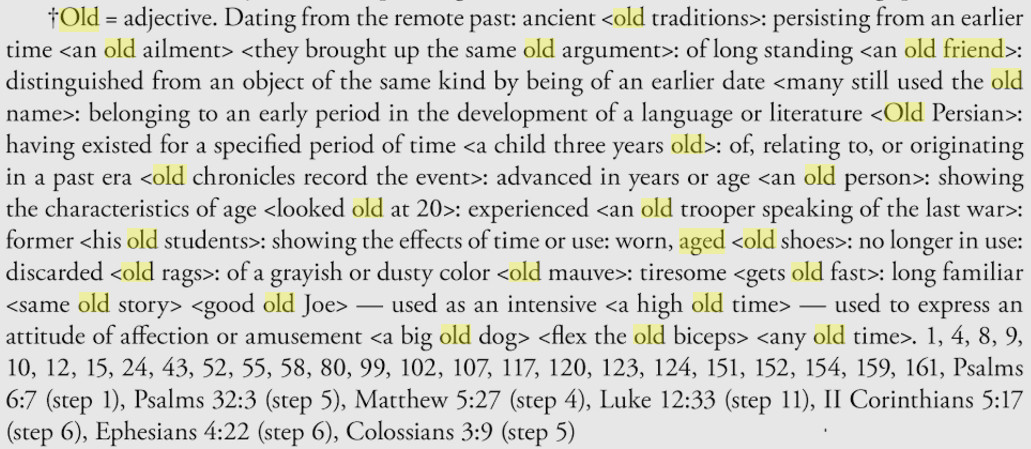The problem you are addressing is fairly understood. The adjective "old" can convey multiple different meanings in different contexts (this is very important). Very much depends on the context and the intonation in either written or spoken English.
There are certain ways an adjective can change the meaning of a sentence.
Look at the image below that can help you find out some of the most popular meaning of the word "old":

In the sentence "Yesterday, I met my [old] cat." the possessive adjective (a specific determiner) "my" makes us assume (or realize) that the "cat" which "my" refers to is a familiar one. In this case it will most likely mean "a cat I know" or "a cat that belonged to me (in the past)"
In order not to confuse the reader it is better to either add a second modifier (adjective), add a restrictive/non-restrictive relative clause after the possessive adjective+adjective+noun, or use a possessive pronoun and a restrictive/non-restrictive relative clause after it:
- Yesterday, I met my aged (elderly) old cat.
- Yesterday, I met my old, old cat. (Notice the comma)
- Yesterday, I met my old cat that (which) is old. (The possessive adjective and a restrictive relative clause)
- Yesterday, I met my old cat, which is old. (The possessive adjective and a non-restrictive relative clause)
- Yesterday, I met an old cat of mine that (which) is old. (The possessive pronoun and a restrictive relative clause)
- Yesterday, I met an old cat of mine, which is old. (The possessive pronoun and a non-restrictive relative clause)
It all depends on what you wish to say and whether the extra information about the age of the cat is essential or not.
You can also rephrase the sentence in different ways (here's one of them):
- Yesterday, I met the cat that used to be my pet before I brought a new one. (based on your example)
Notice that you can also do it with a Possessive Pronoun or an Object pronoun:
- Yesterday, I met the cat that used to be mine before I brought a new one.
- Yesterday, I met the cat which used to belong to me before I brought a new one.

